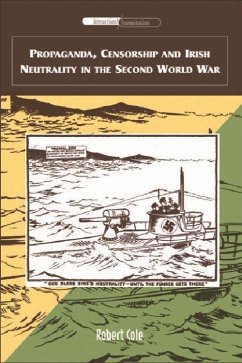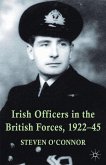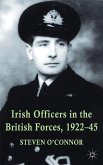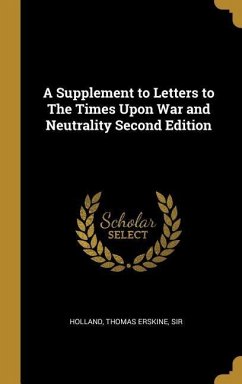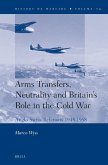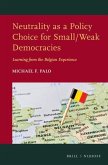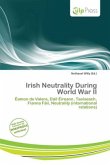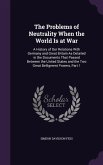Allied propaganda and Eire censorship were a vital part of the conflict over Irish neutrality in the Second World War. Based upon original research in archives in Ireland, Great Britain, the United States and Canada, this study opens a new page in the history of wartime propaganda and censorship. It examines the channels of propaganda, including the press and other print media, broadcasting and film, employed in Eire and the agencies which operated them, and the structure and operations of the Eire censorship bureau which sought to repress them. It also looks at the role played by Irish-Americans in the conflict, some of whom supported, while others opposed, Irish neutrality. Which side could win this "war of words"? Could British and American propaganda overcome Eire neutrality, or would Eire censorship guarantee that it could not? In this detailed and wide-ranging examination of the "war of words" over Eire neutrality, the author addresses such subjects as public opinion, government policies, propaganda planning, objectives, content and channels of dissemination, and the purpose and tactics of censorship.

